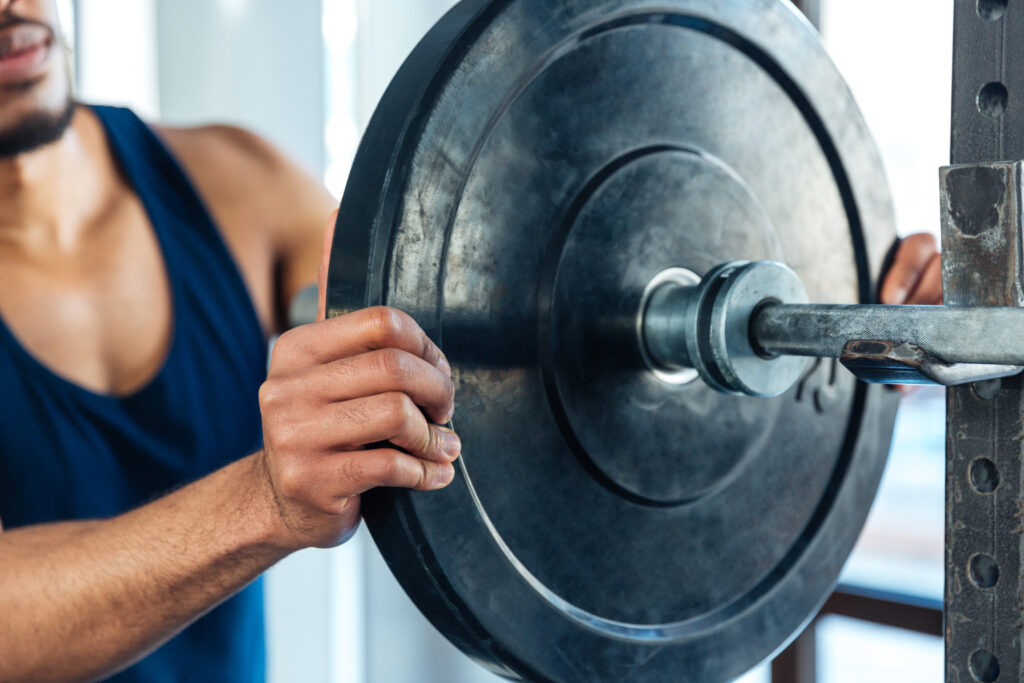
What follows is what works for ME and MY clients. This shouldn’t be taken as a personal attack against YOU, your favorite coach, or any methodology that’s seemingly at odds with my point of view.
By all accounts you’re still a decent human being, even if you happen to disagree with what I’m about to say.1
Here goes.
I prefer people to squat down rather than back.
I want the squat to look like a squat.
I Can Hear the Cacophony of Moans Now
But, “moment arms!“
And, “hip extension torque!“
“Biomechanics, Tony. WHAT ABOUT THE FUCKING BIOMECHANICS!?!U?!!!AHHHHH!??!JUMPSOFFCLIFF“
Relax: In no way, shape, or fashion am I discounting any those things, nor turning a blind eye to science or evidence-based approaches and modalities.
I’m on your side my fellow anthropometrical nerds.
What I AM discounting, however – but not necessarily turning a blind eye towards (maybe tossing some shade?) – is the fact that, while all those things mentioned above – moment arm lengths, hip extension torque, biomechanics – can be used to make a solid case for squatting the most amount of weight possible, as coaches we often forget two things:
1) Many people could give two shits about squatting the most amount of weight possible.
2) Most people aren’t powerlifters.
Don’t get me wrong: I am all for people training with intent, striving to get strong(er), and pushing some appreciable iron. The tagline for this site is “Because Heavy Things Won’t Lift Themselves” for crying out loud.
That said, I’m also very much interested in the long-game. I want to keep my clients/athletes healthy and set them up for the most long-term training success possible.
One such way I accomplish this is how I prefer to coach the squat. Again, what follows is what works for me and what I feel fits the needs/goals of the bulk of MY clients and athletes.
If you disagree you’re wrong hopefully we can hug it out if we ever meet in person.
Squat Down, Not Back
The video above demonstrates me initiating the squat by pushing my hips back, but specifically getting a lot of motion via the lumbar spine.2
This won’t bode well for most lifters.
Is it wrong?
Well, no.
Plenty of lifters do this and move a lot of weight. However, what often works for powerlifters, wearing squat suits, won’t be the best fit for “natural” non-powerlifters, not wearing squat suits.
Plus I’m pretty sure a a piece of my soul dies every time I see it.
Instead, I prefer this approach:
Take in your air at the top, create a flexion moment (clamp down abs to prevent excessive lumbar movement), and squat DOWN by breaking with knees and hips simultaneously.
For most lifters, most of the time, this will be the better long-time fit in terms of being able to 1) not only squat a decent amount of weight, but also 2) make it less likely your lower back will hate you.3



